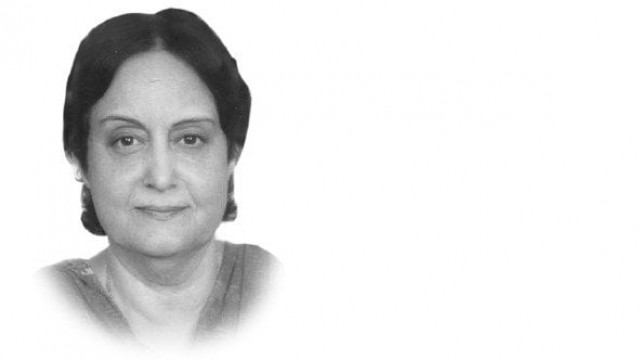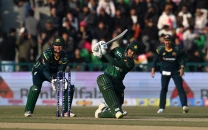Iqbal on Islamic law

Iqbal on Islamic law
While permanent principles are required to give society “a foothold in the world of perpetual change,” they must not be understood “to exclude all possibilities of change which according to the Holy Quran is one of the greatest ‘signs’ of God”. What is eternal and what is changeable is exemplified for Iqbal by the Holy Prophet (PBUH) who “seems to stand between the ancient and the modern world. In so far as the source of his revelation is concerned he belongs to the ancient world; in so far as the spirit of his revelation is concerned he belongs to the modern world”.
One of the major reasons for the decline of the Muslims in the past many centuries was due in Iqbal’s judgment to their inability or unwillingness to subject the legal system of Islam to intellectual scrutiny, particularly with reference to Ijtihad which is one of the acknowledged sources of Islamic Law.
Iqbal refers to Ijtihad which “literally means to exert” as “the principle of movement in the structure of Islam.” Seeking “the revaluation and re-codification of the Islamic Fiqh” and stressing the critical need for Ijtihad by contemporary Muslims, Iqbal said: “I know the ‘ulema of Islam claim finality for the popular schools of Muslim Law, though they never found it possible to deny the theoretical possibility of a complete Ijtihad.... For fear of ... disintegration, the conservative thinkers of Islam focused all their efforts on the one point of preserving a uniform social life for the people by a jealous exclusion of all innovations in the law of Sharia as expounded by the early doctors of Islam.
Their leading idea was social order, and there is no doubt that they were partly right, because organisation does to a certain extent counteract the forces of decay. But they did not see, and our modern ‘Ulema do not see, that the ultimate fate of a people does not depend so much on organisation as on the worth and power of individual men.
The closing of the door of Ijtihad is pure fiction suggested partly by the crystallisation of legal thought in Islam, and partly by that intellectual laziness which, especially in a period of spiritual decay, turns great thinkers into idols... Modern Islam is not bound by this voluntary surrender of intellectual independence. The claim of the present generation of Muslim liberals to re-interpret the foundational legal principles in the light of their own experience and altered conditions of modern life is, in my opinion, perfectly justified.”
Here it is apt to observe that Iqbal regarded collective Ijtihad or “Ijma” as “perhaps the most important legal notion in Islam”. Elaborating on this, he said: “The transfer of the power of Ijtihad from individual representatives of schools to a Muslim legislative assembly which, in view of the growth of opposing sects, is the only possible form Ijma can take in modern times, will secure contributions to legal discussion from laymen who happen to possess a keen insight into affairs.”



















COMMENTS
Comments are moderated and generally will be posted if they are on-topic and not abusive.
For more information, please see our Comments FAQ